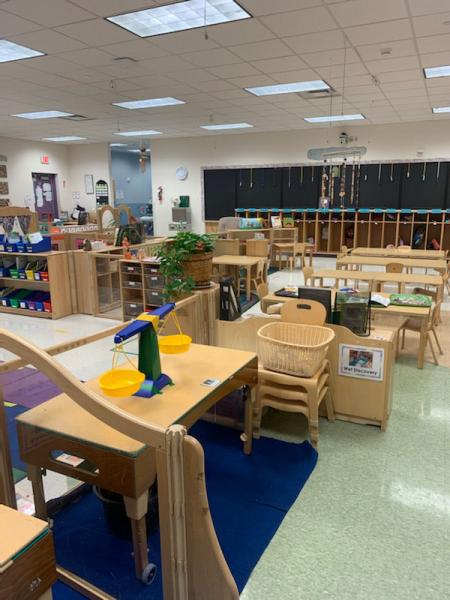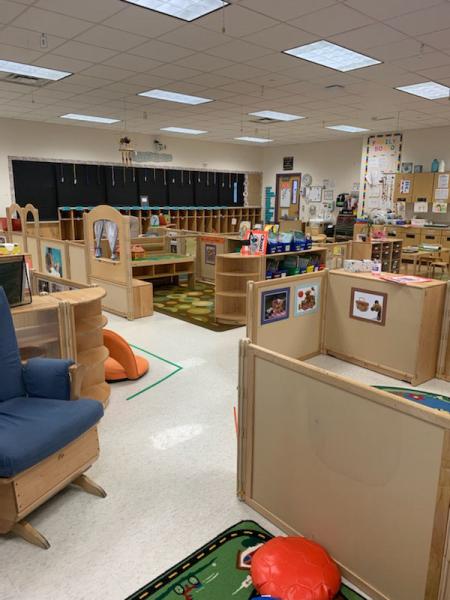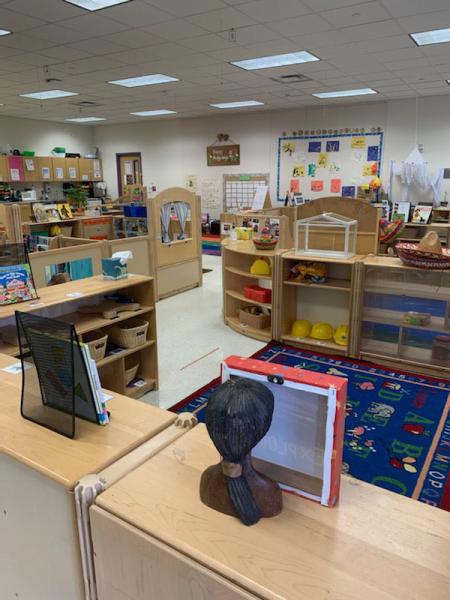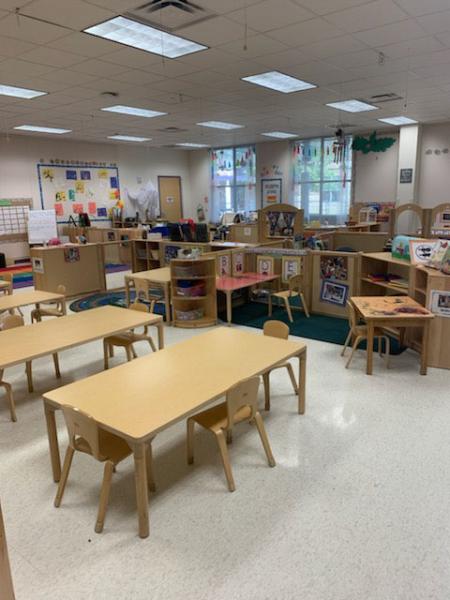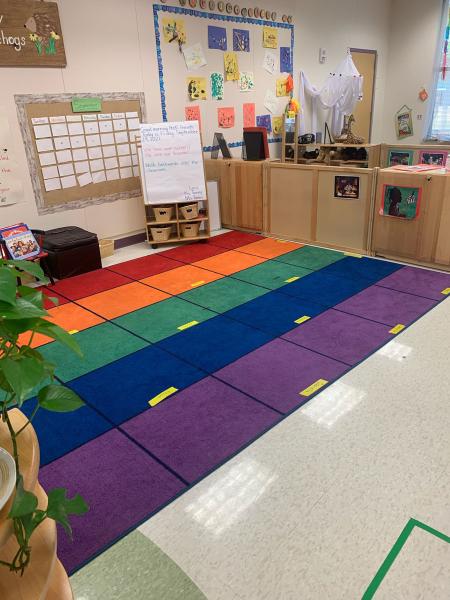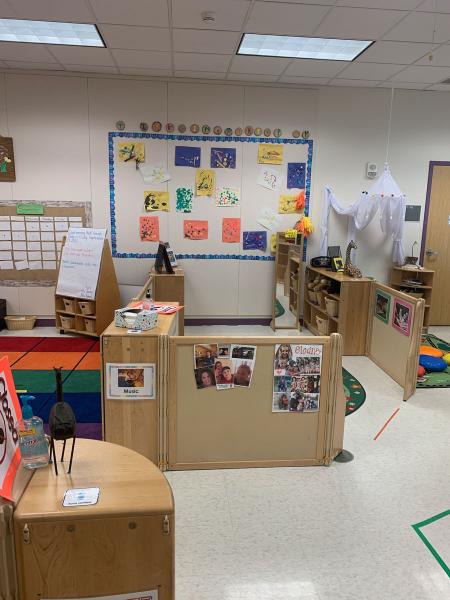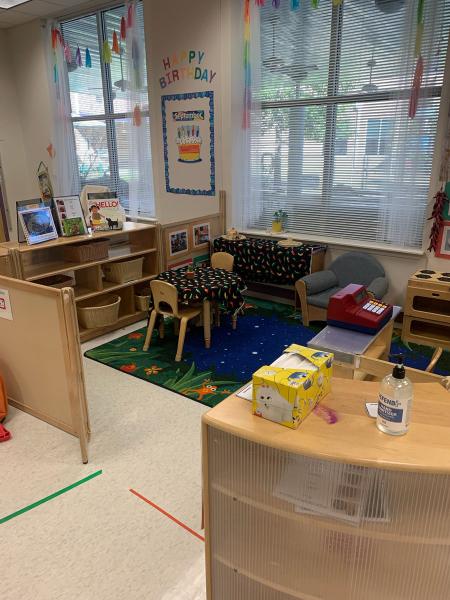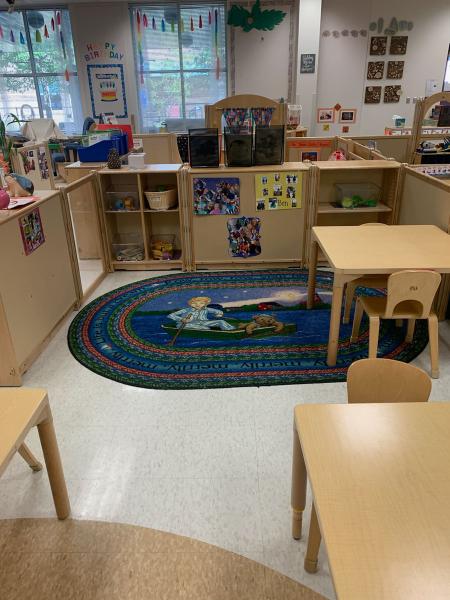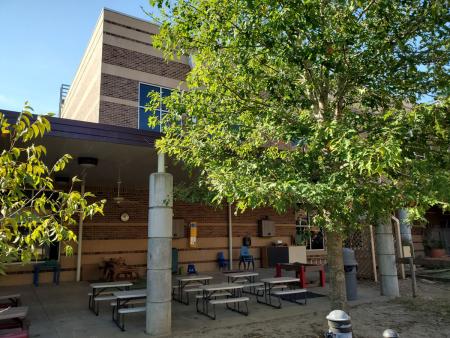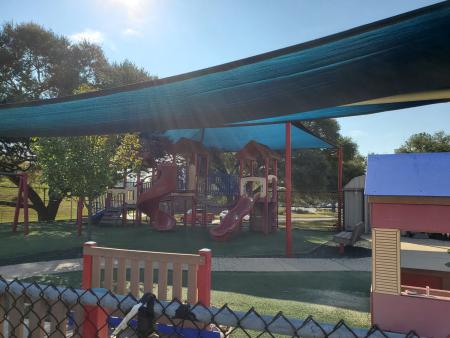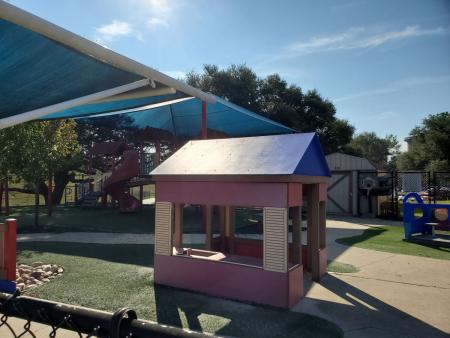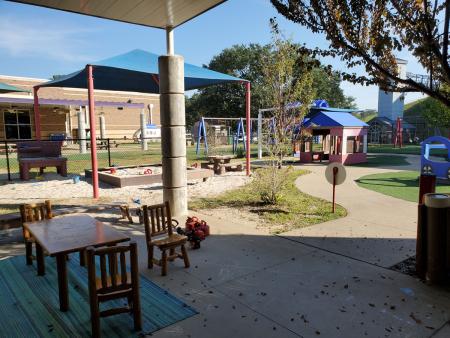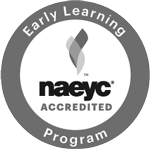Serving 20 children between the ages of three and four years, the curriculum of "learning centers" is geared to meet the cognitive, physical and social-emotional needs of this age group. Children are building the foundations needed to learn to read and write as well as developing math and reasoning skills.
Children are cared for by a lead teacher, assistant teacher and our student teaching assistants.
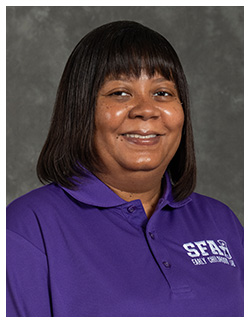
Ms. Tammy, lead teacher
I worked as a teacher's assistant at the Early Childhood Laboratory from 1996 to 1998, and returned in 2001 as a teacher. I have taught in both pre-K rooms, the toddler II room and the infants room.
In December 1998, I graduated from SFA with a bachelor's degree in elementary education, specializing in early childhood. After graduation, I taught for three years at Rusk Primary School as a kindergarten, prekindergarten and Head Start teacher. I have two daughters: Destiny, who graduated from SFA in 2016 with a degree in social work, and Kamry, who was in the first infant class when the Janice A. Pattillo Early Childhood Research Center opened in 2009. I love working with children and have fun learning. If you want to find me, look for a crowd of children singing and dancing!

Ms. Jonie, assistant teacher
I went to SFA for my Bachelor of Science in deaf education, ASL interpreting and specialization in English. I worked as a teaching assistant during that time at the Early Childhood Laboratory in infant, toddler I, toddler II, pre-K I, pre-K II, afterschool care, front office, cook and, yes, even dishes. I went on to work as business office manager assisting human resources, payroll, accounts receivable and accounts payable while wearing many additional hats. I felt like something was missing and decided to follow my heart back to teaching.
I can honestly say that I get paid to play! As my mother always told me, no matter how old I get, I will always be the oldest kid in my family.
Activities and development
Early Childhood Laboratory classrooms follow the Constructivist Theory approach. Our teachers develop outdoor lesson plans to correlate with weekly lesson plans that reinforce indoor learning and structure playtime to optimize learning. Using curriculum and assessments for guidance, design of the learning centers is based on the learning needs of each individual child.
Learning centers offer individual play and group activities such as stories and music. Emerging skills at this age include conflict resolution.
In the Pre-K I classroom, children are building foundations to learn to read and write, and are developing math and reasoning skills.
Daily schedule
| Time | Activity |
|---|---|
| 7:10 to 8:30 a.m. | Arrival, wash hands, quiet learning centers |
| 8:20 to 8:45 a.m. | Wash hands, snack, limited learning centers |
| 8:45 to 9:30 a.m. | Clean up, restroom, morning meeting, music |
| 9:30 to 10:30 a.m. | Outside play or motor room |
| 10:30 to 10:45 a.m. | Group story time |
| 10:45 to 11:30 a.m. | Learning centers |
| 11:30 to 11:35 a.m. | Wash hands, prepare for nap time |
| 11:35 a.m. to 12:05 p.m. | Lunch |
| 12:05 to 12:15 p.m. | Clean up, restroom |
| 12:15 to 2:15 p.m. | Naptime |
| 2:15 to 2:25 p.m. | Quiet wake up, clean up nap items, restroom |
| 2:25 to 2:35 p.m. | Snack |
| 2:35 to 3:35 p.m. | Learning centers |
| 3:35 to 3:50 p.m. | Review calendar, story, music |
| 3:50 to 4 p.m. | Restroom, line up for outside play or motor room |
| 4 to 5 p.m. | Outside play or motor room |
| 5 to 5:20 p.m. | Departure |
Stocking their cubby
Here's a quick checklist of items to keep in your child's classroom cubby:
- Lovey (small comfort item)
- Two to three sets of season-appropriate clothing
We provide naptime items (cot, pillow and blanket), toothbrush and water bottle.
Toys must stay at home.
New families:
Bring three to four photos of family members for your child's scrapbook collage page.
 Axe ’Em, Jacks!
Axe ’Em, Jacks!
